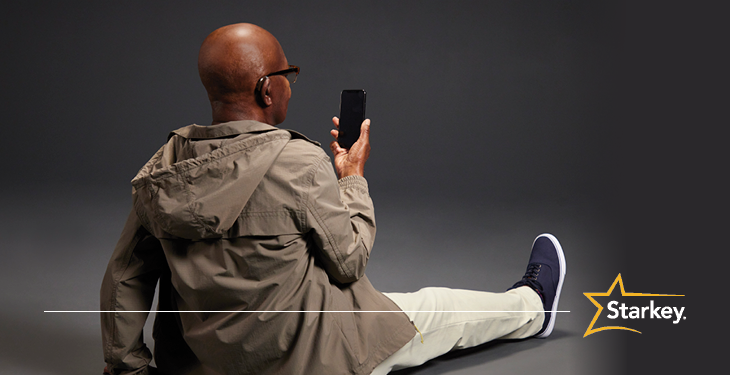Do you happen to be an older adult? If not, it’s quite likely you care deeply for someone who is “of a certain age”. Falls can be a tremendous worry, and it’s a valid worry to have according to recent research. As reported by an infographic from the Government of Canada website:
- Falls are the leading cause of injury among older Canadians with 20-30% of seniors experiencing one or more falls each year.
- The average Canadian senior had to stay in hospital 10 days longer for falls than for any other cause.
- Falls account for 85% of seniors' injury-related hospitalizations, 95% of hip fractures, and over $2 billion a year in direct healthcare costs.
- More than one third of seniors are admitted to long-term care following hospitalization for a fall.
Accidental falls present significant health risks to older adults. Often, these falls lead to a loss of independence, and can unexpetedly alter the course of one’s life. Almost 40 percent of those who live at home after reaching the age of 65 will fall once a year, at least.
Hearing loss can increase the risk of falls
Older adults are more prone to falling for many reasons. These reasons could include medication side effects, vision problems, slower reflexes and yes, hearing loss has proven to be one of the many likely culprits. Speaking of which: studies have shown that people who have mild hearing loss are three times more likely to have a history of falling than their peers who possess normal hearing.
The association between hearing loss, aging and fall risk is the reason Starkey designed and sold the world’s first and only hearing aid with fall detection and an added alert feature.
Detecting falls is surprisingly ideal for hearing aids
Knowing the odds of having hearing loss and falling increase as we age, we engineered a single device that can help with multiple aging issues — eliminating the need and inconvenience of wearing a different device for each issue.
Furthermore, unlike many other fall-detection devices that hang from the neck or wrap around the wrist, Evolv AI benefits from the anatomy and physiology of the human body. During normal daily activities and instances of falls, muscles in the neck work with the balance system of the inner ear to protect and stabilize the head.
The fact that hearing aids are worn on the head, they are naturally less prone to mistake daily activities for falls than the devices worn on other parts of the body.
Evolv AI’s fall detection and alert featured and how works:
- The person wearing the hearing aid chooses as many as 3 contacts to notify if they fall.
- They (or their hearing professional) can enter contacts easily into the Thrive Hearing Control app.
- The auto alert feature automatically sends an alert if the hearing aid wearer falls.
- The alert contains the GPS location of the wearer.
- The caretaker can then immediately call the wearer back to check on them or otherwise get them help.
- The manual alert feature allows the wearer to simply tap their hearing aid to send an alert for a fall or non-fall related event.
As it stands, there are so many different worries that arise as we get older. Why not worry less about unattended falls and hearing loss, if it’s possible? Now, IT IS POSSIBLE!
If you're concerned that your hearing loss may lead to a fall, we can help. Call (888) 919-6824 or simply click here and we’ll connect you with a hearing professional near you!
